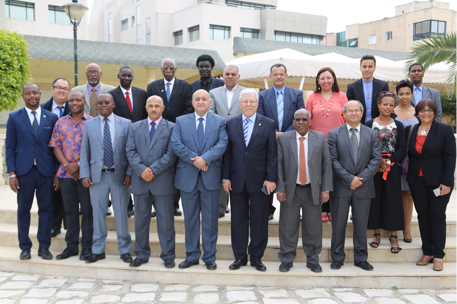Ressources
Agenda 2063 is Africa’s development blueprint to achieve inclusive and sustainable socio-economic development over a 50-year period.
In a world where every click, every share, and every tweet can broadcast one’s thoughts to a global audience, the digital realm has becom











